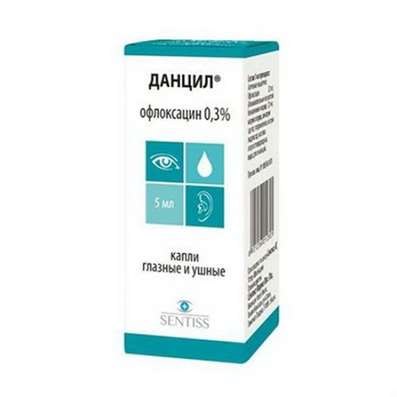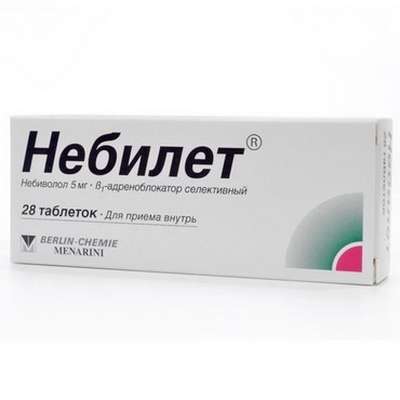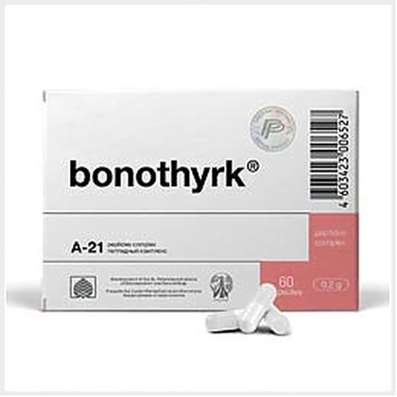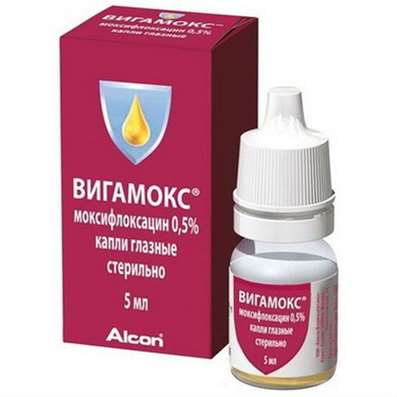Memantine
31 Jan 2018
The NMDA antagonist used in the treatment of Alzheimer's disease, but also undergoing clinical trials as a possible therapy for a number of other conditions, including ADHD, HIV-associated dementia, nystagmus, multiple sclerosis.
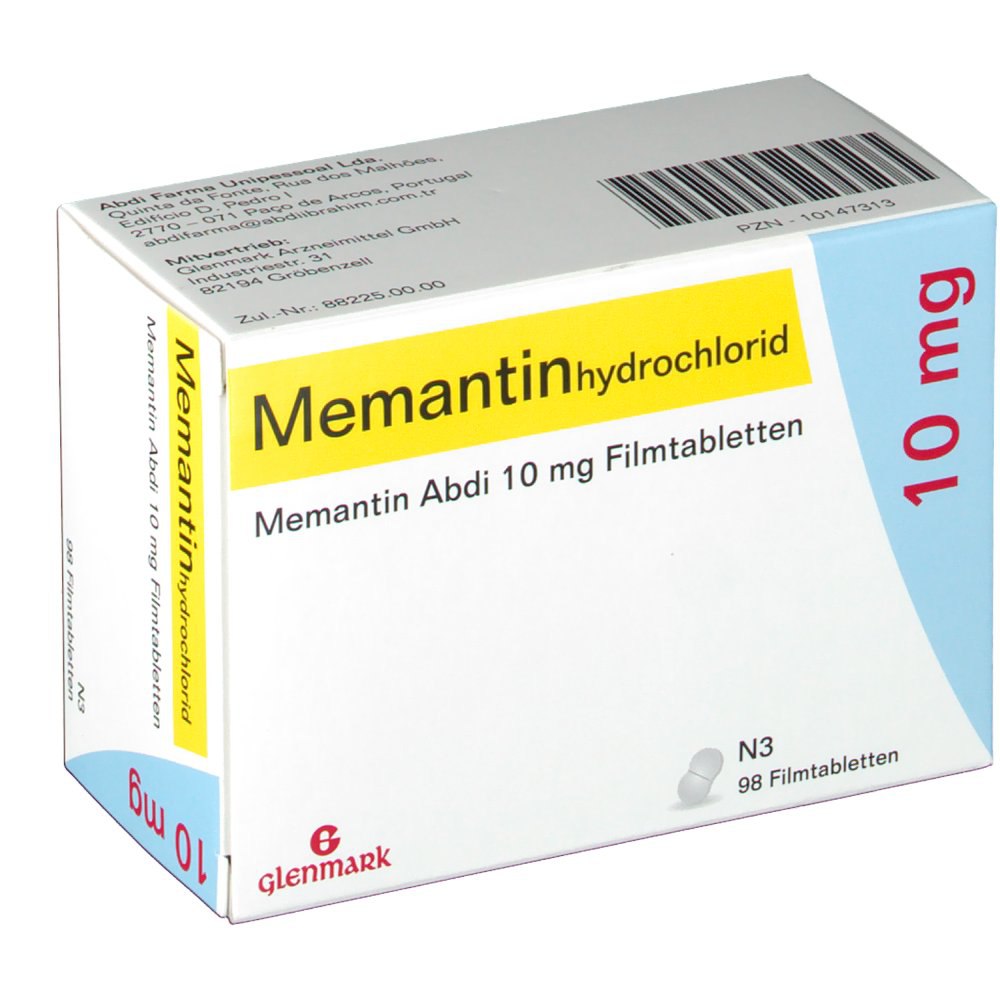
Memantine is on the list of vital and essential medicines.
Memantine is a selective blocker of N-methyl-D-aspartate (NMDA) - glutamate receptors. The mechanism of action is associated with the modulation of glutamatergic transmission, which mediates cortico-cortical and cortico-subcortical relationships in the brain. In a series of controlled studies, the ability of memantine to improve and stabilize cognitive functions, daily activity, and reduce behavioral disorders in patients with asthma (both at an early stage and especially at the stage of moderate and severe dementia) has been proven. The positive effect of memantine on cognitive functions was also noted in vascular dementia. In open studies, the effectiveness of memantine in mixed dementia, dementia with Levy bodies, alcoholic dementia and Korsakov's amnestic syndrome, frontotemporal dementia is shown. Memantine is the first choice drug for moderate and severe dementia, but it can also be used in the stage of mild dementia as a monotherapy or in combination with cholinesterase inhibitors. The long-term effectiveness of memantine has been studied to a lesser extent.
Memantine has good tolerability, however, dizziness or confusion may occur in the titration phase, which, as a rule, are transient. Less often there are drowsiness, falls, headache. In the experiment it was shown that memantine is able to protect cells from the toxic effect of excitatory amino acids and inhibit the formation of neurofibrillary glomeruli, affecting the metabolism of t-protein, which is one of the key links in the pathogenesis of asthma.

 Cart
Cart

